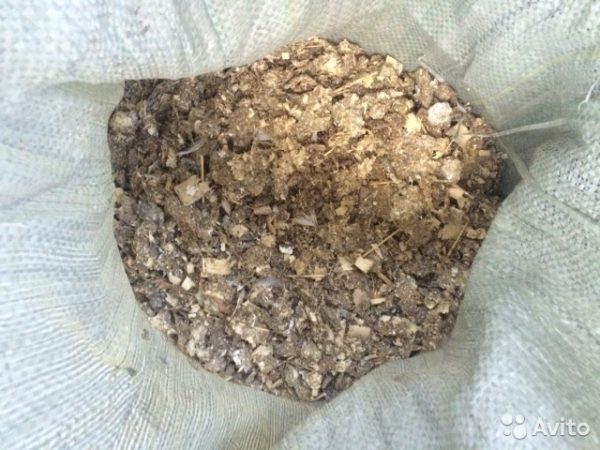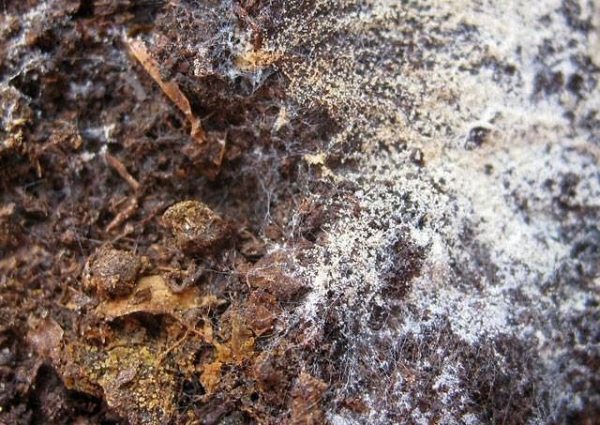Pigeon droppings as fertilizer: how to apply and prepare the solution
Content
Properties
Pigeon excrement, as an organic fertilizer, is in great demand among plant breeders due to its many positive properties. Useful macro- and microelements are quickly "delivered" to the plant and provide the necessary additional nutrition. Compared to horse manure, they contain 4 times more nitrogen and 8 times more phosphorus. Of course, today many farmers and owners of even small summer cottages resort to agrochemicals, as a result of which the fruits of plants cannot be called environmentally friendly. Bird guano is a natural component, therefore, fertilizing your garden or vegetable garden in this way, you can be sure that you will have a high-quality healthy product on your table.
Preparing the solution
It is not recommended to use pigeon guano as a top dressing in its pure form, as it is sufficiently concentrated, which can lead to the death of the root system. In addition, it will take considerable time for the droppings to become fertilizers, which can negatively affect the development of crops. You can prepare a nutritional mixture in two variations:
- dry and use as a dry substrate;
- compost with straw, peat or sawdust.
Let's take a look at how to make a pigeon guano based liquid feed. A liquid solution has a number of advantages over a dry one, since it reaches plants faster and gives a positive effect. In a prepared container, mix water and droppings at a rate of 10: 1. To further "enrich" healthy plant nutrition, a handful of wood ash or superphosphate can be added to the solution. Further, within 14 days, the substance will "ferment", so it must be thoroughly mixed periodically. As soon as you see that air bubbles are no longer emitted, the fertilizer can be used.
Only fermented liquid should be used, the sediment at the bottom does not mix, it must be thrown away. You can also prepare a more concentrated liquid - one part guano for two parts water. Further, the substance simply needs to be additionally diluted with water before use. It is recommended to use pigeon droppings in spring and autumn. Indoor plants can also be fertilized with natural dressing.
Video "About feeding the soil with bird excrement"
Informational video with useful tips for fertilizing the soil with droppings.
Dry use
Dry pigeon excrement is most often used to feed the garden and fruit trees. The amount of fertilizer to be applied is determined by the size of the tree. For example, for a medium-sized tree, an application of 4 kg of bird guano per season will be sufficient.
The dry product is scattered evenly around the trunk, and then added dropwise to a depth of 10 cm.
It is recommended to do such dressings in spring or autumn. If you are the owner of a garden with vegetables and root crops, then you can also use natural fertilizer as a top dressing.To do this, distribute it over the entire area of the site and mix with a rake with the top layer of soil. The calculation of the use of dry means in this case is as follows - per 1 sq. M. plot of 50 g of droppings.
Application as a solution
Dovecote waste in the form of a solution is an effective top dressing for root crops, including potatoes, as well as crops with ground fruits. How much to use for individual crops:
- For potatoes - 1 kg of fertilizer is used for 10 liters of water. The resulting slurry is fertilized before digging the site.
- Feeding strawberries with droppings results in faster growth, fruit formation and more abundant fruiting. The solution will require 15 liters of water and 1 kg of pigeon droppings. It is not necessary to insist on the substance, you can water it immediately, but do not fall on the leaf rosette of the berry. You need to water with a watering can in the aisles.
- For feeding currant and raspberry bushes, the same proportions and method of application are used.
Top dressing should be carried out no more than once every seven days in the evening, while always after applying diluted fertilizer, the plants are watered with clean water. Pigeon droppings are an excellent, inexpensive natural fertilizer for your entire garden.
Video "Feeding the soil with a Molotov cocktail"
Video instruction on how to make a Molotov cocktail for soil using pigeon droppings.



